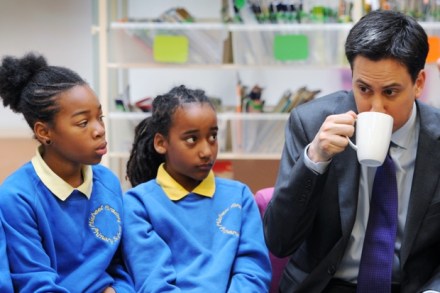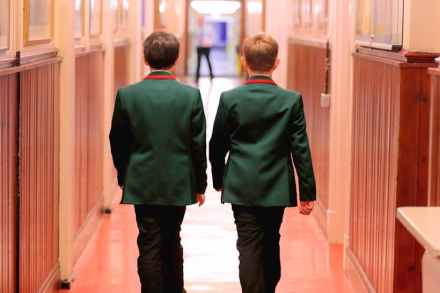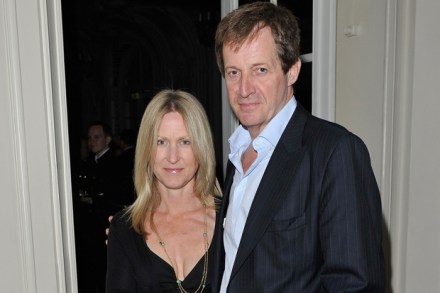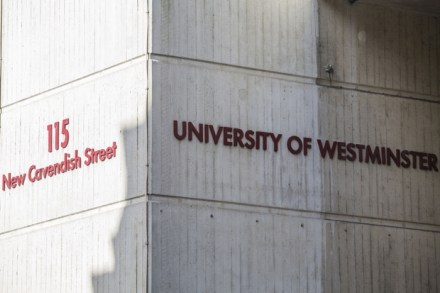Tristram Hunt: Education Secretaries can send their kids private
In the Daily Politics education debate just now on the BBC, Tristram Hunt declared that it was acceptable for an Education Secretary to send their own child to private school. Under questioning from Andrew Neil, Hunt said that it was fine in ‘certain circumstances.’ The other members of the panel—including Nicky Morgan and David Laws—then agreed with Hunt’s statement. Is it acceptable for an education secretary to send their child to a private school @afneil asks his #bbcdp panel? https://t.co/A5VI9mnHlz — DailySunday Politics (@daily_politics) April 23, 2015 Hunt’s remarks are politically brave. Those on the hard left will take issue with his statement as they did with Ruth Kelly, who




















